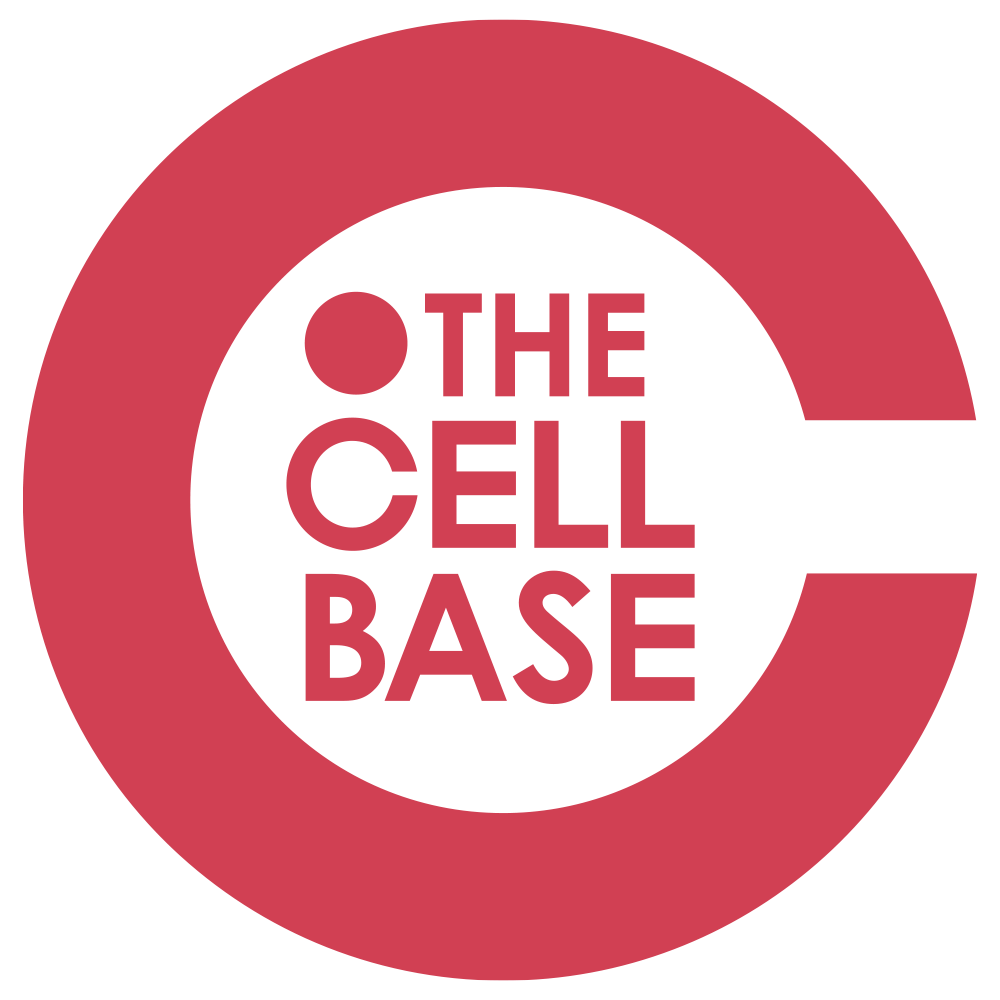Korean start-up Simple Planet has announced its latest advancement in cultured meat production, achieving a remarkable 99.8% reduction in costs through its innovative probiotic recycling technology.
This development could significantly impact the economics of lab-grown meat, addressing both ethical concerns and production efficiency that have long plagued the industry.
Simple Planet's approach replaces foetal bovine serum (FBS), a traditional and costly ingredient in lab-grown meat, with a completely edible, serum-free medium.
Co-founder and CEO Jeong Il-doo noted the importance of this shift: "Reliance on FBS has long caused cost and ethical difficulties in commercialising cell-based technologies. Our solution presents a practical and sustainable alternative for large-scale applications across various industries."
This breakthrough comes at a pivotal time when the cultivated meat industry faces increasing scrutiny over its environmental impact. Traditional livestock farming is often criticised for its resource-intensive practices and significant greenhouse gas emissions.
By drastically lowering production costs, Simple Planet aims to make sustainable protein accessible to a wider audience beyond affluent consumers.
The company’s patented technology has undergone rigorous testing in collaboration with global research institutions, demonstrating its effectiveness in promoting cell growth while preserving normal cellular structures. This indicates a promising future for the adoption of this technology in commercial applications.
Simple Planet's recent funding success further underscores its potential impact. The start-up secured $6 million in an oversubscribed investment round last year and was selected for a KRW 11 billion support programme by the Korean government, aimed at fostering food technology innovation. This financial backing positions Simple Planet to accelerate its research and development efforts.
Moreover, the company is customising media formulations for specific cell types, including bovine myoblasts, enhancing the versatility and efficiency of its production processes.
"We are committed to making cell culture technology more affordable and accessible," Jeong added. "With scalability, safety and regulatory compliance as our core values, we are poised to create solutions that will facilitate the practical adoption of our technology across diverse sectors."


Sian Yates
14 April 2025



